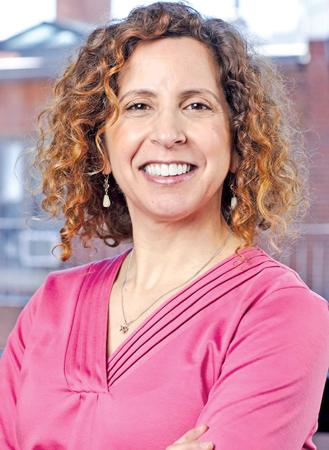
Inclusive education is an important concept in the education sector. It involves making a classroom more accessible for all students, including students with special needs and disabilities, rather than segregating them. At the same time, inclusive education remains a more challenging aspect of the education sector.
Speaking of inclusive education, Managing Director, Berklee Institute for Arts Education and Special Needs, Rhoda Bernard said, there are many ways to make teaching and learning more inclusive for students with disabilities, and the strategies one uses depend on the particular student, the student’s disability, subject that is taught, and how one wishes to assess student learning.
“Often, it would be helpful to use special equipment and facilities, but they are not always necessary. It depends on the particular circumstances, the student, student’s disability, and what is being taught,” Bernard said.
There is no one single recipe
Bernard will be conducting an online workshop on art education and special needs, hosted at Sooriya Village, Colombo 5, on January 28, from 5:30pm - 7:30pm. This is an entrance free event, with limited seating aimed at government and private sector educators interested in integrating arts education practices into their teaching, to create a more inclusive space. Those interested are requested to register by emailing to [email protected].
Bernard said, a common misconception among educators is the belief that there is a single recipe or toolbox that one can use in working with special needs students. She said, the workshop will dispel this misconception and help teachers understand the ways that disabilities and special needs vary from student to student. “Therefore, educators must customize their teaching to fit every student’s needs,” she said.
Bernard further said, the student population with special needs continues to grow at a very rapid pace, worldwide. At the same time, educators and arts educators receive very little training and support in working effectively with students with special needs in their classes. She explained, a cornerstone of the work done by Berklee Institute for Arts Education and Special Needs is to provide professional development to educators and arts educators, as well as others in the field, in teaching students with special needs.
“We have been conducting professional development workshops across the US and internationally. Our international work to date has been with our partner, Music for Autism International, and in online and in-person formats, through international presentation or collaboration opportunities,” she said.
Speaking of the Sri Lankan workshop, Bernard said, the Institute was approached by Sanchitha Wickremesooriya, who found the website and reached out, because of his Berklee connection as an alumnus. “In my conversations with him, we identified this area of professional development to be a significant need in Sri Lanka, as well. This led to our planning the workshop,” she said.
The workshop will be for 90 minutes, using web conferencing technology. While some theory and conceptual material will be covered, the primary aim is to provide practical strategies and approaches that teachers can use right away, said Bernard. She said, those who participate will receive information, strategies, and techniques they can use in their teaching, to reach students with special needs more effectively, and incorporate the arts more meaningfully in their instruction of other subjects.
Are extra resources needed?
Bernard further said, another misconception on inclusive education is that working effectively with students with special needs requires special materials and resources. “This is not the case,” said Bernard. “There are simple ways to implement these strategies that do not require much time and resource. This is where I suggest that teachers should begin,” she said.
She added, these forms of implementation have to do with adaptations and accommodations made to the content (the material being taught) and to the process (how the material is being taught) in the classroom. She insisted that one can make these changes with very few resources.
Another subject area that will be discussed is incorporating arts and music as a day to day subject in the classroom. According to Bernard, there are various ways that the arts and music can be incorporated into the curriculum, both, as stand-alone subjects and integrated with other non-arts subjects.
One need not be an arts or music teacher in order to incorporate the arts in meaningful ways into one’s classroom, said Bernard. She added that this is often the misconception that people have, that the arts in education are only the province of artists or arts educators. “The workshop will focus on ways that every educator can incorporate arts into their teaching and the classrooms as a day to day subject,” she said.
Bernard said, she is very excited about the opportunity to work with educators from Sri Lanka on this workshop, and will learn a great deal from the experience, as well.
